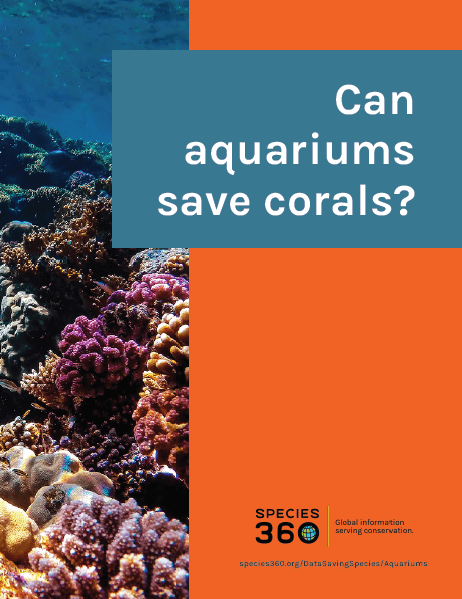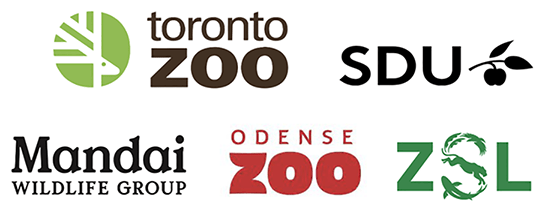Maximizing the conservation potential of aquariums
In this program area, we focus on the important role that Species360 member institutions can fulfill in supporting the conservation of major reef tracts, managing artificial reefs, and sustaining critical species of fish and corals in crisis.
Aquatic ecosystems are indispensable for life on earth and yet in a state of urgent crisis. Facing issues of such magnitude as changing climate, ocean acidification and over-fishing requires the conservation community to work together to strategically define efforts and how to best save species.
The ocean covers three-quarters of the Earth’s surface, yet our understanding of the biology of aquatic species is still in its infancy. We know very little about the population dynamics and ecological needs of corals, fish, sharks and many other species.
This lack of data hinders accurate assessments of their extinction risk and consequently effective actions to protect them. For example, more than half of all coral and fish species’ threat status has not been assessed yet, according to the International Union of Conservation of Nature’s (IUCN) Red List.
With nearly 600 Species360 institutions holding aquatic species worldwide, aquarium populations offer an enormous representation of diversity that makes them uniquely equipped to help develop conservation strategies. The potential of aquariums to aid and inform conservation of fish and corals runs deep, especially when considered across institutions worldwide.
The Species360 Conservation Science Alliance works towards leveraging these treasures of global aquariums data to support the conservation efforts of protecting aquatic species.
Shark and Batoid Species Knowledge Index
Project status: ongoing
In this project, we collated data on biological information, conservation status, management opportunities, use, and the inclusion in international conventions and treaties for all 1226 Elasmobranch species to get an overview of the available species-specific data for this group of fish.
These standardized data that are comparable across databases were published in Data In Brief (December 2020). This data aims to support conservation prioritization for sharks and batoids and will assist further research on in-situ and ex-situ population management.
Read the full story here.
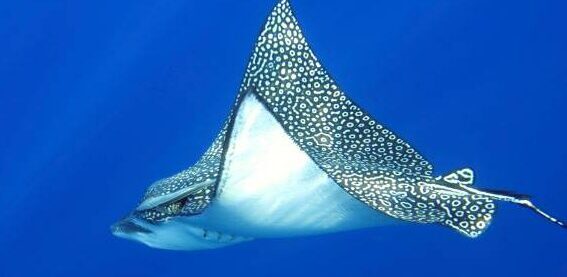
Assessing the conservation potential of fish and corals in aquariums globally
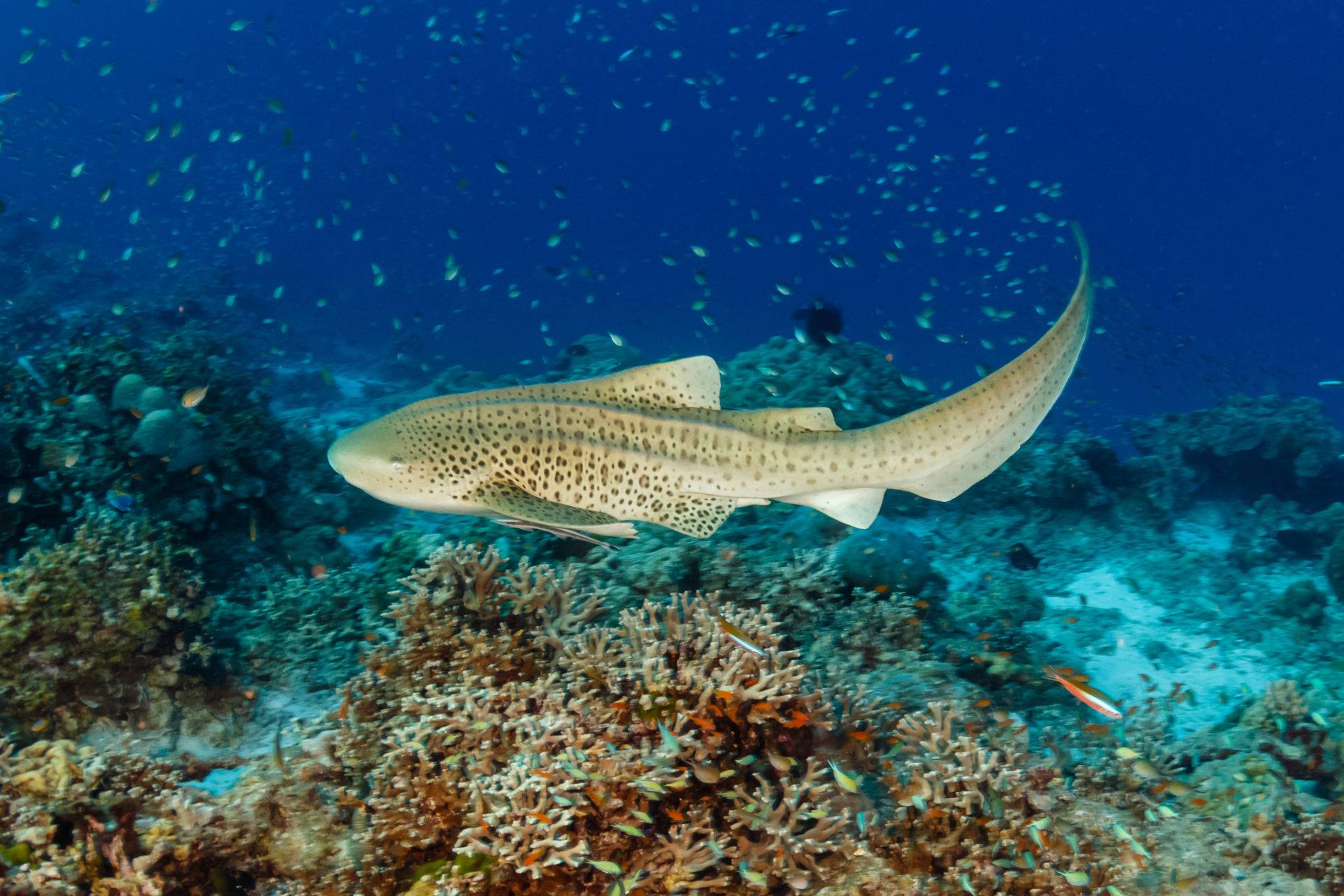
Project status: completed
In this project, members of the Conservation Science Alliance, University of Southern Denmark and researchers from the IUCN Species Survival Commission studied collectively 3,370 fish and coral species in 594 aquariums and zoos worldwide and found that a full 14 percent of all known fish species can be found within aquarium collections.
The study published in the Journal for Nature Conservation (April 2019) further reports that aquariums and zoos hold 31 percent of coral and anemone species that are Vulnerable to Climate Change (VCC), and hold four out of the six species that are extinct in the wild assessed by the IUCN Red List (IUCN). Read the full story here.
Mapping global data sources helps to establish a foundation for monitoring artificial reefs and their conservation potential
Project status: completed
There is a pressing need for the development of global monitoring of wrecks as artificial reefs, and Species360 aquarium members can play a key role in mobilizing the resources to do so. Research led by Prof. Dalia A. Conde Species360’s Director of Science, in collaboration with environmental data scientist Benjamin D. Best, Ph.D. and founder of EcoQuant was an essential part of the dissertation of Iglika Ilieva Master thesis at the University of Southern Denmark.
Artificial reefs, such as sunken shipwrecks, planes, battle tanks, and even oil tankers can help marine conservationists restore coral reefs in places where these have been lost or severely damaged. When wrecks are cleaned and deployed properly they can help to support integrative reef management and sustain the biodiversity of marine life.
With the current ocean crisis, we need to start monitoring these sites properly. Members of the Species Conservation Science Alliance, therefore, developed a database of nearly 2000 intentionally deployed shipwrecks. To support conservation efforts, the database further provides information on whether the wreck is located inside one of the World’s Protected Areas, their distance to reefs and distances to 597 aquariums that are members Species360.
Learn more about this important research and access the Open Data here.
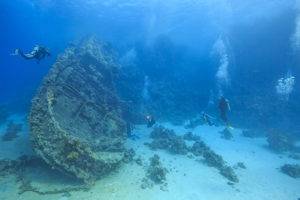
Can aquariums save corals?
Coral reefs are among the most diverse ecosystems in nature, harboring 32 of the 34 known animal phyla, yet some scientists predict they could disappear by 2050. Aquariums are playing an important role in conservation and restoration of these “rainforests of the sea”.
Download the ebook here.
